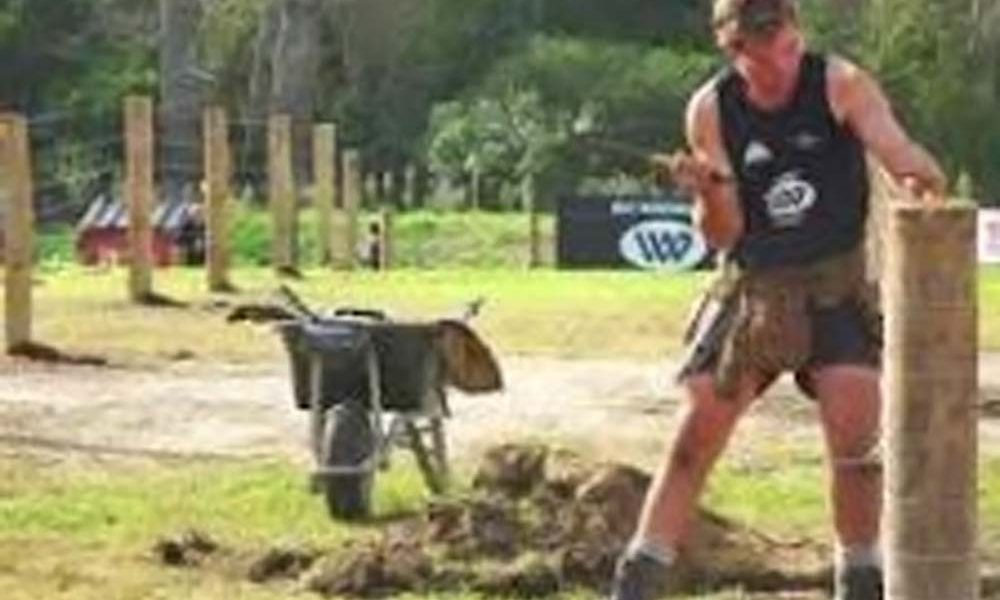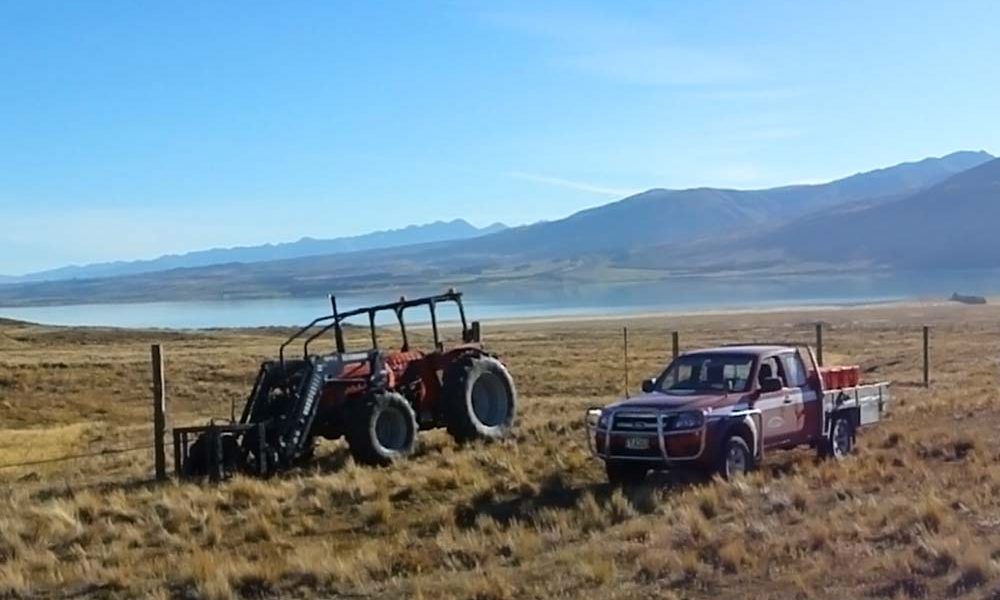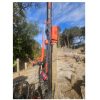
This Certificate in Fencing Level 3 and 4 update is based on “what we have learned” and “what can be done to improve” – essentially let’s take a strategic approach and review/plan/ implement for the Certificate in Fencing.
Industry training is not always as easy as it sounds. One of the things we must constantly do as trainers is learn from our experience and strive for improvement. The restructure of the training organisation that is happening at present makes it all the more difficult to navigate.
Level 3
Course Assessment needs to focus on capturing naturally occurring evidence, so we can be certain standards are consistent across a range of job environments. A digital portfolio using the trainee’s own mobile phones has been created, which should make this easy. Most contractors and their staff, capture their work on social media platforms already, so this serves to capture the same.
One of the inherent problems I have found whilst coordinating the courses is the lack of self-help. Learners struggle to ask for help if they don’t know how to upload photos or videos of their evidence for both Level 3 and Level 4 courses. The tutors are there to aid this, and I, as the coordinator, can also help with this. The sooner information is loaded into the system, the quicker we can grade the courses.
Engagement and participation
Trainees need to keep engaged in their own learning and development. Future courses will have more time allocated for trainers to run short online sessions, to help trainees keep up with their program and form stronger trainer/trainee relationships.
The overall enrolment for the courses has grown from 11 in the 2018 pilot to over 50 in the courses that are being coordinated at present through Level 3, and we see good numbers enrolled in Level 4, however participation is low.
The first intake of the Level 4 course that rolled out in March is looking to have a 50% pass rate.
Maintaining momentum
Having the support from the industry, and two-way communication between trainers, trainees and co-ordinators, will keep the momentum going. If people want courses in specific areas, we can arrange for that to happen, as long as we have at least 10 students to make the courses viable. For Level 3 in the South Island, we are working on running a course in Christchurch and Dunedin and working them concurrently, so the trainers can travel through, and complete site visits up and down the island whilst travelling to the block courses.
Apprenticeships
The biggest issues in allowing fencing to be aligned to an apprenticeship are:
- Both courses have to be completely rebuilt to be Unit Standards rather than Achievement Based – this is a minimum 12-month process
- Unit standards are a pass or fail. They do not reflect excellence at all.
- What often happens with apprenticeships is the student does the bare minimum to pass. Therefore, we lose the best practice standards we are aiming to achieve for the industry.
- It is very difficult to reflect a portfolio and evidence-based work for a unit standards-based assessment.
- The skills standards framework is being done and will be the next big change – there is uncertainty as to what it will look like, other than it being an amalgamation of unit standards and achievement-based assessment.
- The course would be “unified” – giving other Te Pūkenga institutes the ability to grab it and run with it – the industry then has lost control! Unification is a core principle of Te Pūkenga.
- ITOs would at that point want the course in their portfolio and it would be run as profitably as possible
Ongoing course delivery
- Improving course delivery will just happen, as long as tutors and students are sharing ideas and issues.
- Many people don’t understand the work behind the scenes in compliance that needs to be done to run a course. Yes, much is what we consider ‘superfluous bullshit’. But it has to be done. The more times the course is run in the same locations the easier it should become.
- It needs to be remembered that the course can always be “overtaught” – if students/tutors feel something should be added to the course, then at the next formal review it will be considered.
- We are unable to take any subject/ assessment away from the course until a formal review is undertaken.
As the course stands now and going forward
- Courses need more students. Te Pūkenga are collating some ‘good stories’ to highlight the benefits for employers to get their people trained.
- If the industry and course providers keep pushing and highlighting the advantages of the qualification through advertising, it’ll happen.
- Certified Fencers and Accredited Fencing Contractors will be advertised more and more, as regulation in certain entities (particularly local government) becomes more prevalent, the more purpose these courses and processes will have.
Article written by Donna Upton
National Course Coordinator
www.northtec.ac.nz
Published in the Training & Events section in WIRED Issue 71 / December 2023 by Fencing Contractors NZ
Follow us on Facebook
© Fencing Contractors Association NZ (FCANZ)









